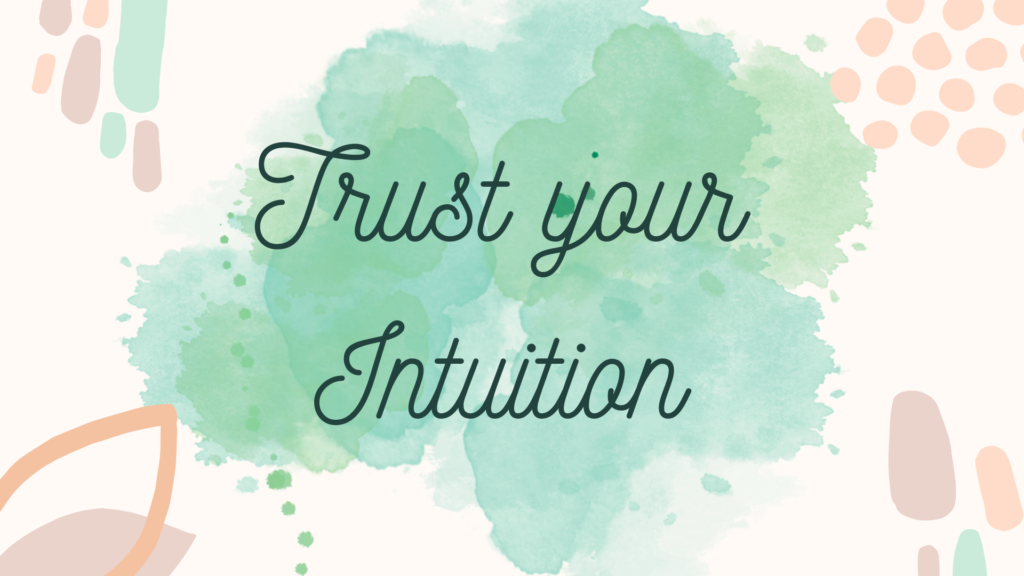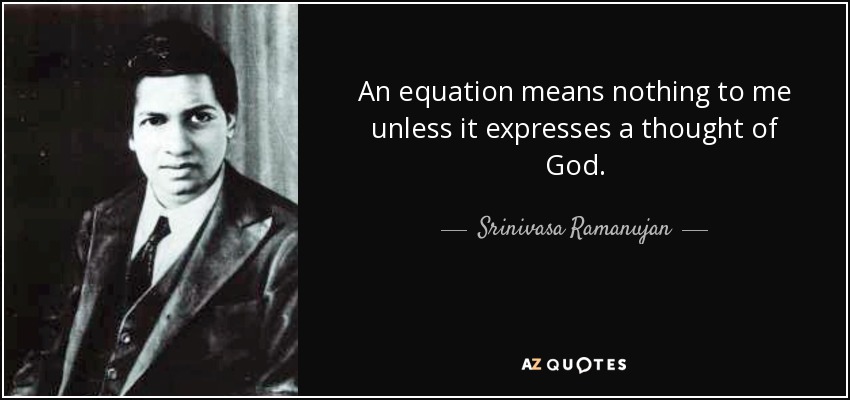
Intuition is not logical. It is not the result of a set of considered steps that can be shared or explained. It cannot be evaluated; it does not have options and solutions. This may be because people tend to fixate on their first idea. Or, because few of us can comprehend the interaction effects between many different components of a situation.
In one of his interviews conducted by Saturday Evening Post in 1929, the genius Albert Einstein was asked about the source of his intellect, Einstein had answered “I believe in intuitions and inspirations. I sometimes feel that I am right. I do not know that I am.” It was much better to trust those instincts and test them later than to dismiss them out of hand, he further said.
Many of us feel intuitive about something coming, it might be good or bad, but we feel that in advance. We may or may not recognise the feeling as a signal. At times when we go to purchase a house, a car, jewellery, we go for admission to an institution, considering a new job we feel an inexpressible hunch when something is right or wrong which is short of being able to articulate as a reason for our decision. This feeling is called ‘gut feeling’ or ‘sixth sense.’ Explaining intuition is very difficult to others. The why, when, what if, good, bad etc don’t have logical answers but whenever we take decisions based on out gut feelings, ninety nine percent times we make the right choice.
Our sixth sense or intuition is not paranormal. It is very natural. In the past two decades, psychologists and neuroscientists have done massive work in identifying the sources of our gut feelings and their essential role in our lives. Intuitive thinking is going with one’s first instinct and reaching decisions quickly based on reflex of the processes. Intuitions come as a flash. They are momentary in nature. The science says that about one third of the population in world are intuitive.
Intuitive thinking is a type of thinking and a decision-making process that relies on instinctive understanding and feeling. It’s often used to make quick decisions or solve problems. Intuitive thinkers don’t need a lot of information or conscious reasoning to come to a conclusion, they just know the answer. This can make intuitive thinking very helpful in fast-paced, stressful situations. However, because it’s based on feelings and instincts, intuition may lead you amiss.
Steve Jobs, CEO and co-founder of Apple, and chairman and major shareholder of Pixar Animation had a daily habit of wearing the same design of outfit as every other day so he didn’t have to spend energy deciding on what to wear. Jobs saw himself as one of the few people who understood the importance of intuition in producing technology. He practiced the teachings of Zen and Buddhism in the time he spent in India in the 1970s where his sense of intuition was influenced by the spiritual people with whom he stayed with and studied. He saw that people in India were not purely rational thinkers, but were guided by intuition. Jobs followed Neem Karoli Baba in India.
Whatever profession you are in – you can rely on your intuition. Intuitive thinking can help you develop ideas. At times a brilliant thought, a sparkling idea or a bright reflection appears in our mind and even before we start processing it – in flash of seconds it vanishes, it’s gone. Some other urgent thoughts replace this brilliance. It happens to poets, authors, painters, composers, to all creative minds. It is so difficult to catch or detect this subtle idea or thought again because of its abstruse nature.

Srinivasa Ramanujan – the great Indian mathematician saw infinite. He began developing his theories in mathematics and published his first paper in 1911. He was mentored at Cambridge by GH Hardy, a well-known British mathematician who encouraged him to publish his findings in a number of papers. In 1918, Ramanujan became the second Indian to be included as a Fellow of the Royal Society.
Some psychologists say that Ramanujan could connect a process in his brain that gave him deep insights into infinities and more without the use of analytical reasoning. Yet mathematical intuition probably works like intuition in everyday life, and also rests on some blend of experience and rapid pattern spotting that cannot be explained.
Ramanujan, who died in 1920 aged just 32, had an altogether stranger explanation for his source of creativity. He gave credit of his mathematical analysis to Namagiri, a local avatar of Lakshmi, the Hindu goddess of good fortune. Ramanujan credited his profound insights to the Hindu goddess, which were flashes of inspiration.
Human intuition works on two parameters: a pattern recognition and emotional tagging. We store our experiences and judgments in our memory. The emotions associated with these experiences lead us in making decisions. Quite often the significances of the decisions we make, also attach themselves to these memories as emotional tags. When we encounter a new situation, we subconsciously do pattern matching by comparing the current situation to the past experiences stored in our memory.
Please note that flashes of intuition come anytime when our brain is occupied with some work, while we are doing some daily chore, while driving, while cooking, while speaking to somebody, but we miss them because we don’t have a pen and paper in hand to immediately write it down. This is one reason why so many successful people attribute their success to luck. The flash of intuition comes out of nowhere.













































